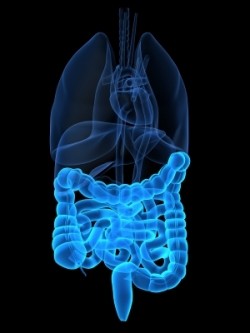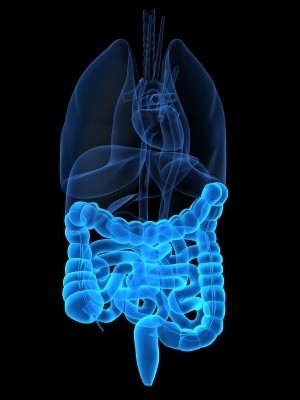EFSA health claim opinion
EFSA rejects 86-study strong Valio probiotic gut health claim

Finnish dairy and ingredients group Valio submitted 45 human studies and 41 non-human studies in its dossier for a claim that the strain could help, “to maintain defence against intestinal pathogens”.
But EFSA’s Panel on Dietetic Products, Nutrition and Allergies (NDA) found the studies insufficiently strong to back the claim.
“In weighing the evidence, the Panel took into account that only one out of five human intervention studies showed an effect of LGG consumption on the development of GI infections, and that two human intervention studies did not show an effect of LGG consumption on the stimulation of protective immune responses after oral (viral) vaccination,” the NDA concluded.
“On the basis of the data presented, the Panel concludes that a cause and effect relationship has not been established between the consumption of LGG and maintenance of defence against pathogenic gastrointestinal microorganisms.”
Valio was not available for detailed comment at the time of publication, but was expected to appeal the verdict in the 30-day window available to it.
The NDA said five human intervention trials relevant to the scientific substantiation of the claim were inadequate to back it because:
- one did not show an effect of LGG consumption on the incidence of Traveller’s diarrhoea.
- one did not show an effect on the incidence or duration of GI infections in free-living children.
- two out of three did not show an effect on the incidence or duration of GI infections in hospitalised children.
It thus concluded that, “the evidence provided does not establish that consumption of LGG has an effect on the development of GI infections.”
It also found that:
- two human intervention studies did not show an effect of LGG consumption on the stimulation of protective immune responses after oral (viral) vaccination.
- a number of human intervention studies on the effect of LGG consumption on the duration and/or severity of diarrhoea in children with acute diarrhoea due to GI infections, as well as two meta-analyses and one consensus opinion did not establish efficacy when LGG was used as coadjutant in the treatment of GI infection.
- six studies in healthy adults and children under antibiotic treatment and two meta-analyses which included studies on the prevention of antibiotic-induced diarrhoea did not provide adequate information about the aetiology of diarrhoeal episodes, and that antibiotic treatment may induce diarrhoea by mechanisms unrelated to GI infections.
The opinion can be found here.
Peptides
Valio in February submitted an article 13.5 proprietary and emerging science health claim proposal linking peptides and blood pressure to the European Food Safety Authority (EFSA).
The claim states: "Peptides IPP (isoleucine-proline-proline) and VPP (valine-proline-proline) help to maintain normal blood pressure".
Probiotech, Milan, June 23-24
For the latest developments with real market relevance in pre- and probiotic science, formulation, markets and marketing places are still available at Probiotech in Milan, Italy, on June 23-24.
Leading academics, analysts, regulatory and industry experts will share their know-how in areas like probiotic films, animal feed, genonomics, pharma formulations.
Click here for more information about the two-day programme.















